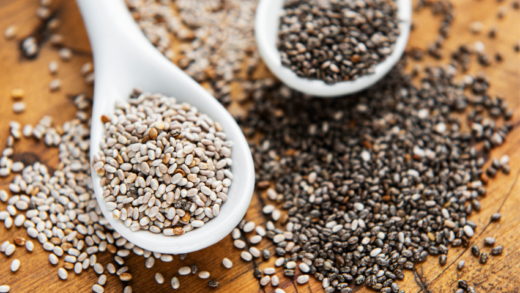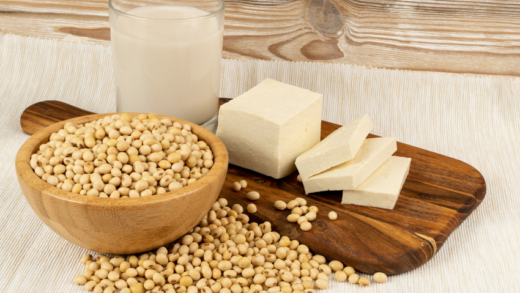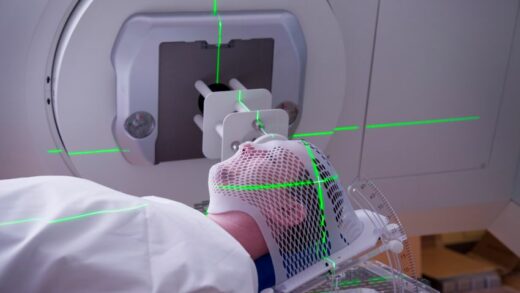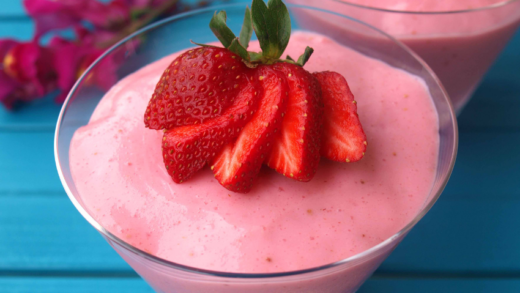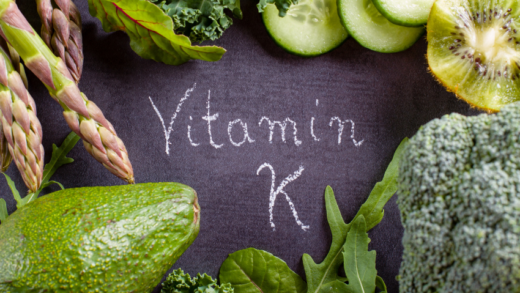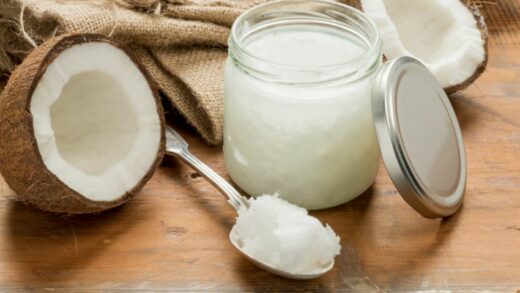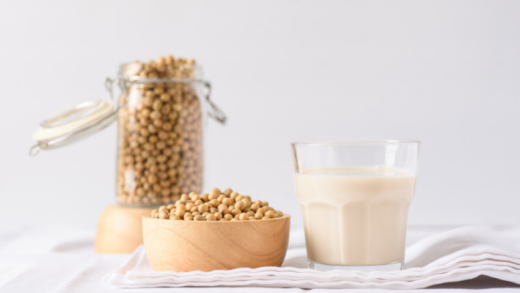Iron is a vital mineral that plays a crucial role in maintaining good health. It is an essential component of hemoglobin, a protein found in red blood cells that carries oxygen throughout the body. Without adequate iron levels, the body cannot produce enough red blood cells, leading to anemia, fatigue, and weakness.
Fortunately, iron is abundant in many foods, and it is easy to incorporate into your diet. In this article, we will explore the top sources of iron and how you can incorporate them into your diet to boost your health.
Top Sources of Iron:
- Red Meat: Red meat is one of the best sources of iron, as it contains heme iron, which is more readily absorbed by the body than non-heme iron found in plant-based foods. Beef, lamb, and pork are all excellent sources of iron, with a 100-gram serving of beef providing up to 15% of the recommended daily intake of iron.
- Poultry: Poultry, such as chicken and turkey, are also good sources of heme iron. A 100-gram serving of cooked chicken provides approximately 12% of the recommended daily intake of iron.
- Seafood: Seafood is a rich source of iron, especially shellfish. Clams, oysters, and mussels are excellent sources of heme iron, while fish such as salmon and tuna are good sources of non-heme iron.
- Beans and Legumes: Beans and legumes are a great source of non-heme iron, especially for vegetarians and vegans. Lentils, chickpeas, kidney beans, and soybeans are all excellent sources of iron. One cup of cooked lentils provides approximately 37% of the recommended daily intake of iron.
- Nuts and Seeds: Nuts and seeds are also a good source of iron. Pumpkin seeds, cashews, and almonds are particularly high in iron, with a 30-gram serving providing up to 15% of the recommended daily intake of iron.
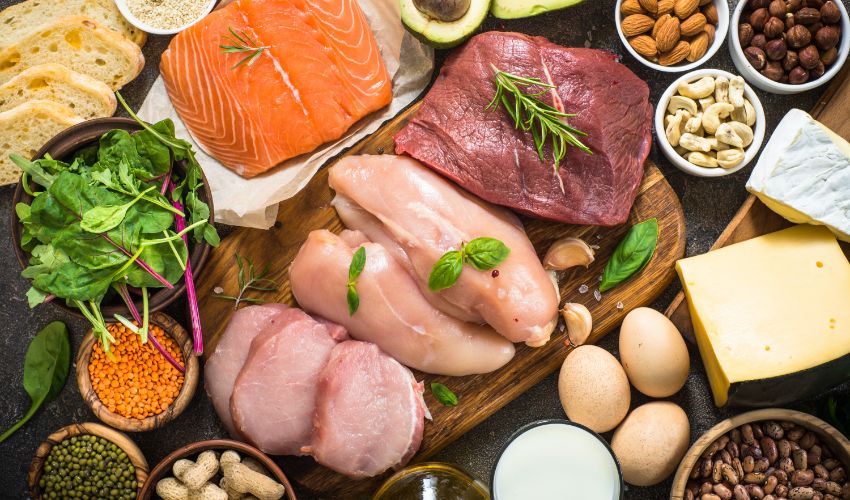
Importance of Iron for the Body:
Iron is a vital mineral that is essential for various body functions. It plays a critical role in the production of red blood cells, which transport oxygen from the lungs to the body’s tissues. Iron is also necessary for the proper functioning of enzymes, which are involved in many cellular processes. Moreover, iron is essential for the growth and development of the body, especially during childhood and adolescence.
Types of Iron:
There are two types of iron: heme and non-heme. Heme iron is found in animal-based foods and is more easily absorbed by the body than non-heme iron, which is found in plant-based foods.
Heme vs. Non-Heme Iron:
Heme iron is more readily absorbed by the body than non-heme iron. Heme iron is found in meat, poultry, and seafood, while non-heme iron is found in plant-based foods such as beans, lentils, and fortified cereals. Non-heme iron absorption can be improved by consuming vitamin C-rich foods with iron-rich foods.
FAQs:
Can I get enough iron from plant-based foods?
Yes, it is possible to get enough iron from plant-based foods, but you need to eat a variety of iron-rich foods to ensure you are getting enough.
What are the symptoms of iron deficiency?
The symptoms of iron deficiency include fatigue, weakness, pale skin, shortness of breath, and dizziness.
Should I take an iron supplement?
If you are unable to get enough iron from your diet, your doctor may recommend taking an iron supplement. However, it is best to get your nutrients from whole foods whenever possible.
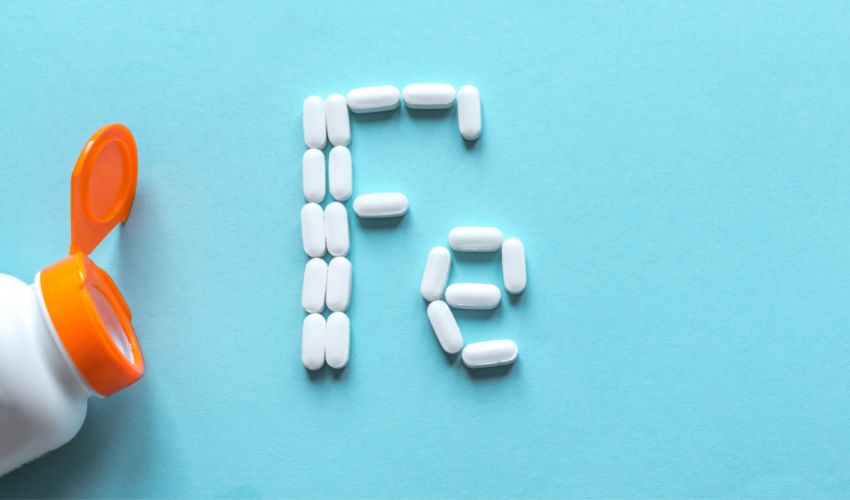
Can I overdose on iron?
Yes, it is possible to overdose on iron, which can lead to iron toxicity. Symptoms include nausea, vomiting, and abdominal pain. Always follow the recommended daily intake of iron.
How can I increase iron absorption?
You can increase iron absorption by consuming foods high in vitamin C, such as citrus fruits, tomatoes, and bell peppers, with iron-rich foods.
Conclusion:
Iron is an essential nutrient that is required for good health. While there are many sources of iron, it is important to consume a variety of iron-rich foods to ensure you are getting enough. By incorporating the top sources of iron into your diet, you can help maintain optimal health and prevent iron deficiency. Remember to always consult your doctor or a registered dietitian before making significant dietary changes.
